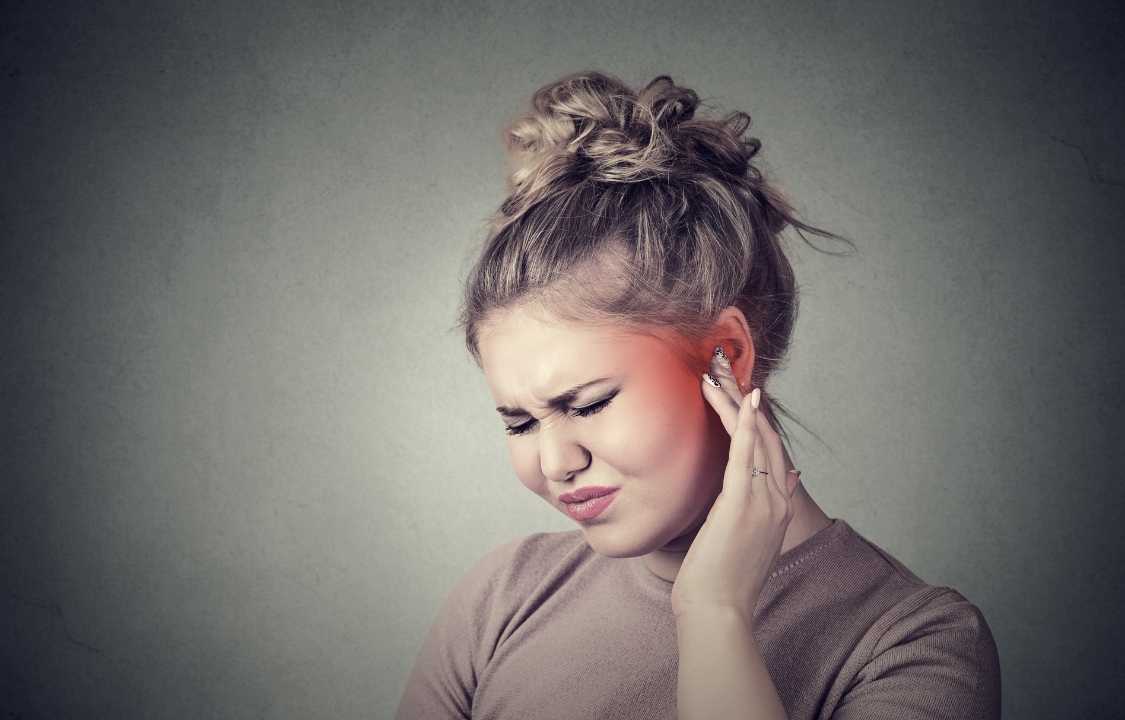Health Care, Insight
Why Your Ears May Be Clogged, and How to Fix It
Clogged ears can be a bothersome and uncomfortable experience, often caused by a variety of factors such as earwax buildup, Eustachian tube dysfunction (ETD), allergies, changes in air pressure, or even infections like swimmer’s ear. While clogged ears typically resolve on their own within hours or days, the duration and severity of the issue largely depend on its underlying cause. In this comprehensive guide, we will explore the common reasons behind clogged ears, effective home remedies to alleviate discomfort, and when it is essential to seek professional medical assistance.
Common Causes of Clogged Ears
1. Earwax or Fluid Buildup: Earwax serves as a protective mechanism by cleansing the ear canal and preventing foreign debris from entering the ear. However, when earwax accumulates excessively and hardens, it can obstruct the ear canal, impeding sound waves from reaching the eardrum. Symptoms of earwax buildup may include muffled hearing, earache, dizziness, and a ringing sensation in the ears. It’s important to note that attempting to clean the ears with cotton swabs can inadvertently push earwax deeper into the ear canal, exacerbating blockages.
2. Eustachian Tube Dysfunction (ETD): The Eustachian tube is a crucial passage that connects the middle ear to the nasal cavity, aiding in nasal drainage and pressure regulation within the middle ear. When fluid or mucus becomes trapped in the middle ear due to factors like congestion, colds, or sinusitis, it can lead to clogged ears. Additional symptoms of ETD may include muffled hearing, ear pain or pressure, and popping or clicking noises in the ears. Failure to address ETD promptly can potentially result in ear infections.
3. Allergies: During allergy seasons, allergens such as pollen can trigger inflammation and swelling in the Eustachian tubes. This swelling obstructs the tubes, hinders sound transmission to the eardrum, and creates a sense of fullness or pressure in the ears. Furthermore, congestion in the nasal passages can contribute to fluid buildup, exacerbating clogged ears. If these symptoms persist beyond a few days, consulting a healthcare provider is advisable.
4. Altitude Changes: Rapid changes in altitude, such as those experienced during airplane take-off and landing, ascending mountains, or scuba diving, can affect the Eustachian tubes’ ability to equalize pressure in the middle ear. This can result in temporarily clogged ears. If accompanied by pain, hearing loss, or dizziness, it may be a case of barotrauma or airplane ear. More severe symptoms like headache, nausea, or shortness of breath could indicate altitude sickness.
5. Swimmer’s Ear: Swimmer’s ear, also known as otitis externa, is an outer ear infection that can occur when water remains trapped inside the ear after swimming. The moist environment created by retained water fosters bacterial and fungal growth within the ear canal, leading to itching, pain, swelling, and clogged ears. Other symptoms may include redness, fluid discharge, and fever.
Effective Home Remedies for Clogged Ears
If you find yourself dealing with clogged ears, there are several at-home treatments you can try before seeking medical attention:
1. Over-the-Counter (OTC) Medications: Nonsteroidal anti-inflammatory drugs (NSAIDs) like ibuprofen or naproxen sodium can help alleviate inflammation contributing to clogged ears. Decongestants can also reduce nasal swelling and congestion, thereby relieving ear pressure.
2. Warm Compress: Applying a warm compress to the affected ear can help open the Eustachian tubes and facilitate the removal of excess wax or fluid. This is especially beneficial if sinus inflammation or infection is causing clogged ears.
3. “Popping” Your Ears: The Valsalva maneuver is a technique that involves taking a deep breath and blowing out while pinching your nose closed with two fingers. This maneuver generates sufficient pressure to unclog the ear. However, caution should be exercised to avoid blowing too forcefully, which could damage the eardrum. The Toynbee maneuver, involving swallowing or yawning to equalize ear pressure, can also relieve the sensation of fullness and muffled hearing.
4. Chewing Gum: Chewing gum stimulates the muscles in the jaw and throat, promoting pressure balance between the inner and outer ear. This can help alleviate the discomfort associated with clogged ears.
5. Inhaling Steam: Steam inhalation is a potential remedy for unclogging ears, as it helps thin mucus in the airways and reduces congestion. However, this method should be approached cautiously to prevent burns or scalds to the airways and skin. Ensure that the steam’s temperature is safe before attempting this.
When to Seek Medical Attention
While home remedies can be effective in many cases of clogged ears, there are situations that warrant prompt medical evaluation:
- Persistent Symptoms: If your symptoms continue despite attempting home remedies, or if they endure beyond a few days, it is advisable to consult a healthcare provider. Prolonged clogged ears may require professional assessment and treatment.
- Additional Symptoms: If you experience accompanying symptoms such as pain, hearing loss, tinnitus (ringing in the ears), vertigo (dizziness or spinning sensation), or balance issues, it is crucial to seek medical attention promptly. These symptoms could signify an underlying infection or more serious ear condition.
Clogged ears can be a discomforting issue, but understanding the underlying causes and employing appropriate remedies can help alleviate the problem. In cases where home treatments prove ineffective or when concerning symptoms arise, seeking medical guidance ensures that any potential underlying conditions are addressed promptly and effectively. Maintaining ear health is essential for overall well-being, and timely intervention can prevent complications and discomfort associated with clogged ears.

